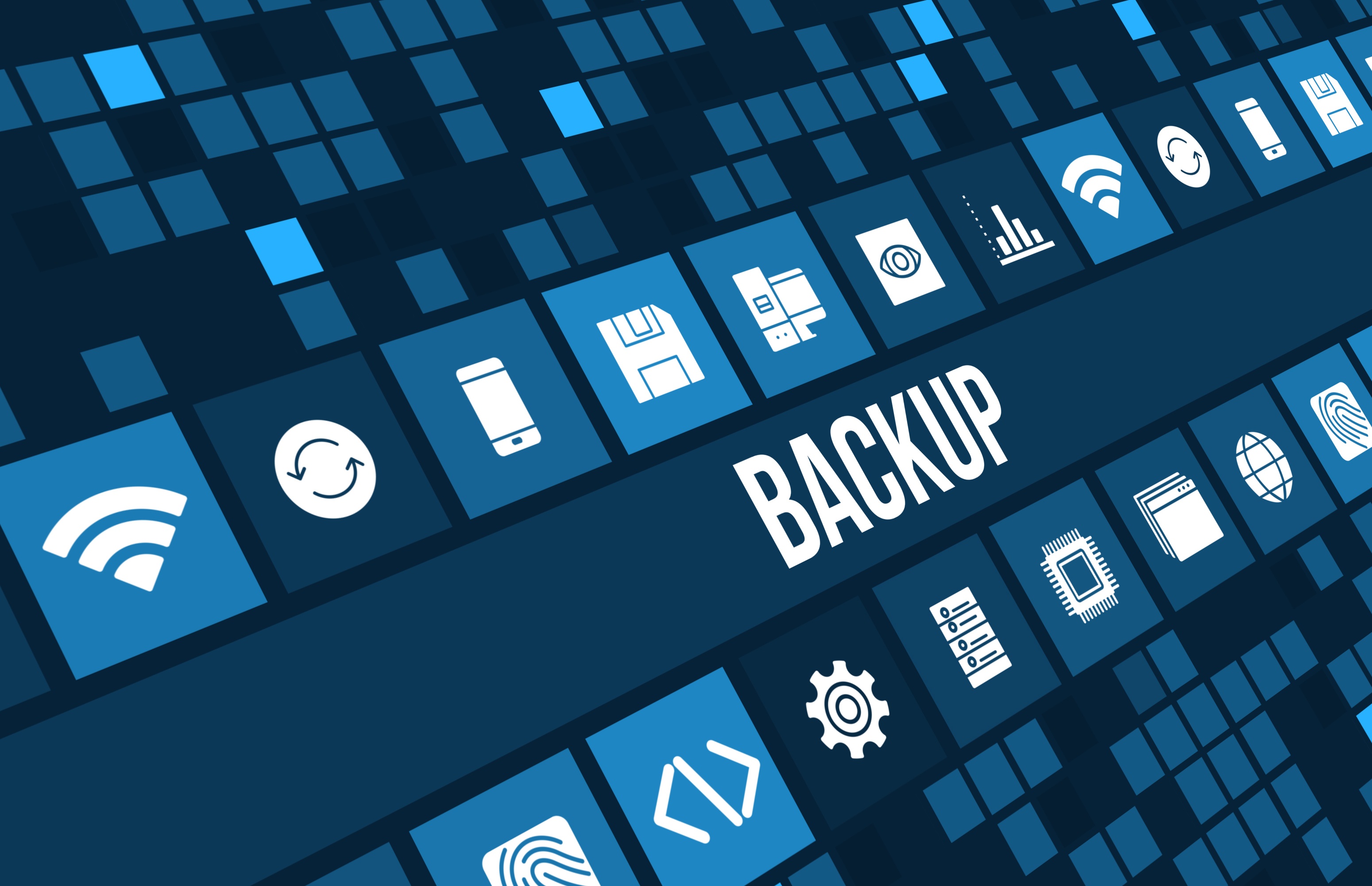 If your house was on fire, what would you save?
If your house was on fire, what would you save?
We’ve all had that question posed to us. Other than trash bags of hard currency, the answer is probably something else, like irreplaceable photo albums, or critical documents, or a family pet. Precious things. And, of course, our phone.
It’s not all that different for a business. But the precious things for a business in the wake of a disaster are likely not physical objects like inventory, which are likely insured. Nor are they financial assets, which are usually not even on premises. Not even the building itself since cloud solutions allow many employees to work everywhere and anywhere.
What spells the difference between surviving a disaster is the information needed to restore and run the business. If that information is locked up in file cabinets that no longer exist, the likelihood of the business surviving is doubtful indeed.
Recent news reports highlight the need for a clear data recovery strategy. Hurricanes. Earthquakes. Flooding. Fires. In every case, businesses that rely on paper will find it next to impossible to quickly recover.
There are many proven reasons to get rid of paper. According to AIIM, these include:
|
What have been the biggest benefits from your paper-free processes? (Max THREE) |
|
|
Faster customer response (internal/external) |
50% |
|
Reduced staff resource/higher productivity |
42% |
|
Visibility/access for other non-process staff |
42% |
|
Fewer errors |
33% |
|
Better monitoring and visibility of status and workloads |
25% |
|
Improved remote/mobile accessibility |
25% |
|
Improved corporate sustainability and environmental friendliness |
17% |
|
Cleaner audit trail and regulatory compliance |
17% |
But at the top of the list ought to be risk mitigation and data recovery.
Document management cloud solutions allow a company to mitigate the risks of crippling information loss. Just adopting a document management solution and using it for managing and securing critical documents is step one. Effective off-site backup and off-site storage of those backups further reduces risk. And adoption of cloud solutions reduces the risk even further by shifting data recovery responsibility to a company who thinks about data recovery and security issues every minute of every day.
If your business was flooded/on fire/hit by an earthquake, what would you save?



